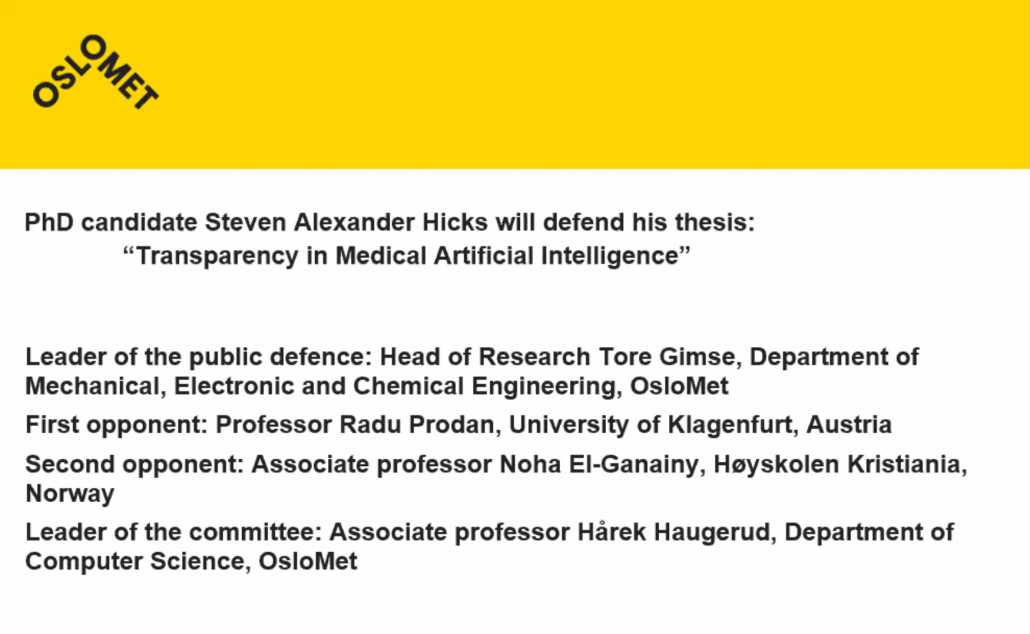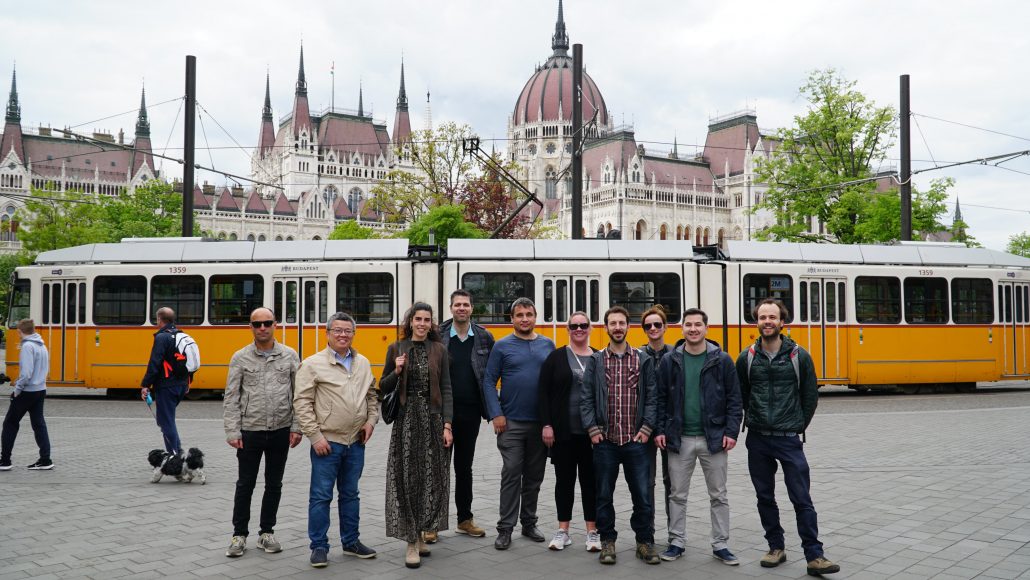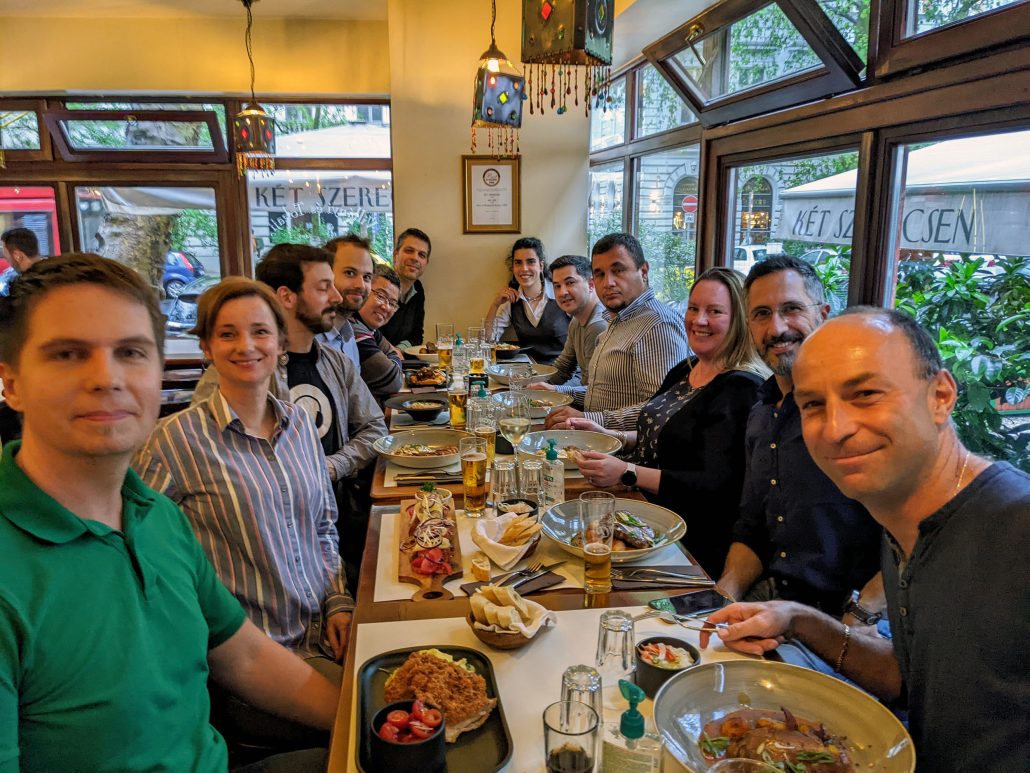Short description: The Intel4EC workshop aims to bring together researchers, developers and practitioners from academia and industry to present their experiences, results and research progress covering architectural designs, methods and applications of AI/ML-enabled Edge-Cloud operations and services. By bringing together these research topics, Intel4EC looks forward to help the community define open standards, AI/ML benchmarks that contribute to experiment reproducibility and systematize the complete management pipeline for a myriad of Cloud-Edge operations.
Organisers: Nishant Saurabh, Zhiming Zhao and Dragi Kimovski
Distributed and Parallel Systems
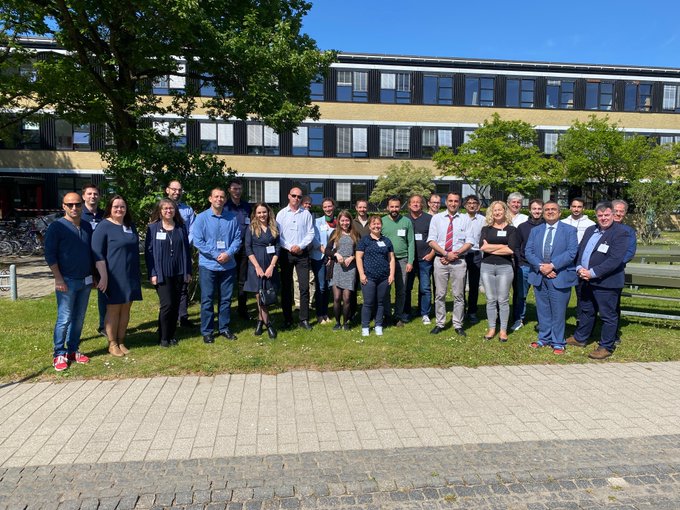
From 16 to 19 May 2022, general Co-Chair, Radu Prodan, successfully presented the relevance of Cloud-Edge-IoT at CCGrid2022 conference in Taormina, Italy.
Find out more here.
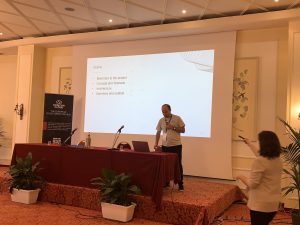
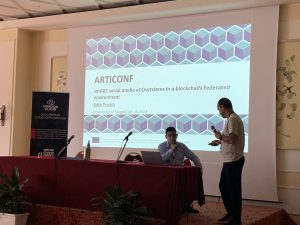
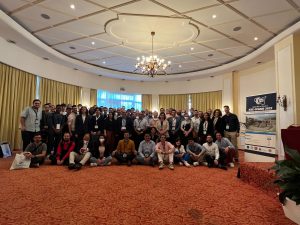
This years´s “Lange Nacht der Forschung” took place on May 20, 2022. The LNDF is Austria´s most significant national research event to present the accomplishments to the broad public. ITEC was represented by three stations and involved in the station of Computer Games and Engineering, and it was a fantastic experience for everyone! We tried to make our research easily understandable for everyone.


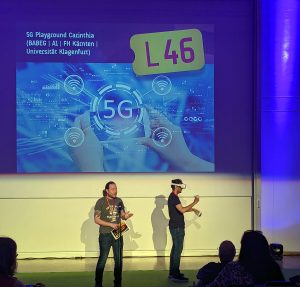
Radu Prodan talks about “Democratic Trustworthy News in the Social Continuum: the ARTICONF Appeoach” Live streaming at the Digital Day in Messina. 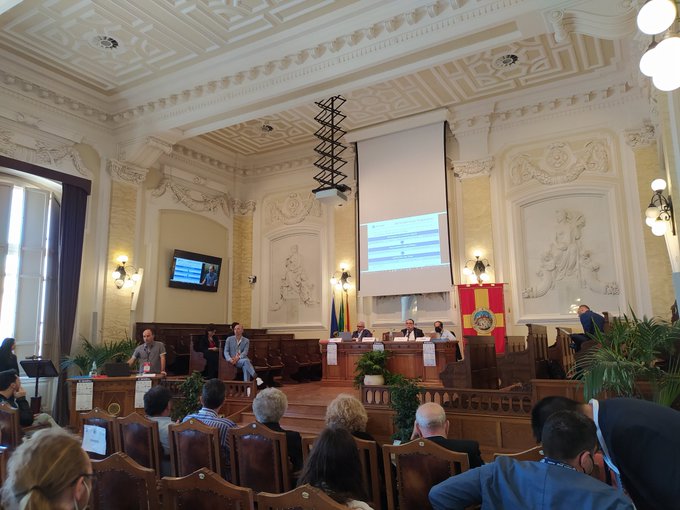
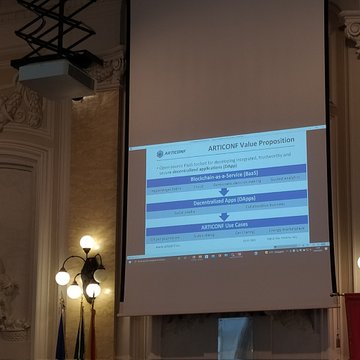
The kick-off meeting of the “5G-KärntnerFog” Project took place on April, 21st, 2022 at Klagenfurt University. The purpose of this first meeting was primarily the definition of work structures, work packages, and getting to know each partner region. The project partners consist of the following institutions: ITEC (Lead), FH Kärnten, and Siplan.
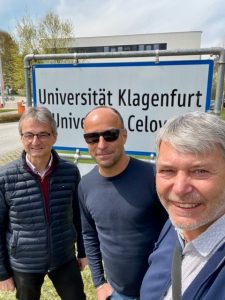
Title: FaaScinating Resilience for Serverless Function Choreographies in Federated Clouds
Authors: Sasko Ristov, Dragi Kimovski, Thomas Fahringer
Abstract: Cloud applications often benefit from deployment on serverless technology Function-as-a-Service (FaaS), which may instantly spawn numerous functions and charge users for the period when serverless functions are running. Maximum benefit is achieved when functions are orchestrated in a workflow or function choreographies (FCs). However, many provider limitations specific for FaaS, such as maximum concurrency or duration often increase the failure rate, which can severely hamper the execution of entire FCs. Current support for resilience is often limited to function retries or try-catch, which are applicable within the same cloud region only. To overcome these limitations, we introduce rAF CL, a middleware platform that maintains the reliability of complex FCs in federated clouds. In order to support resilient FC execution under rAF CL, our model creates an alternative strategy for each function based on the required availability specified by the user. Alternative strategies are not restricted to the same cloud region, but may contain alternative functions across five providers, invoked concurrently in a single alternative plan or executed subsequently in multiple alternative plans. With this approach, rAF CL offers flexibility in terms of cost-performance trade-off. We evaluated rAF CL by running three real-life applications across three cloud providers. Experimental results demonstrated that rAF CL outperforms the resilience of AWS Step Functions, increasing the success rate of the entire FC by 53.45%, while invoking only 3.94% more functions with zero wasted function invocations. rAF CL significantly improves the availability of entire FCs to almost 1 and survives even after massive failures of alternative functions
Electronic health records, like ELGA in Austria, provide an overview of laboratory results, diagnostics and therapies. Much could be learned from the personal and private data of individuals – with the help of machine learning – for use in the treatment of others. However, the use of the data is a delicate matter, especially when it comes to diseases that carry a stigma. Researchers involved in the EU project “Enabling the Big Data Pipeline Lifecycle on the Computing Continuum (DataCloud)” are working to make new forms of information processing suitable for medical purposes. Dragi Kimovski and his colleagues recently presented their findings in a publication. Read the complete article here.



